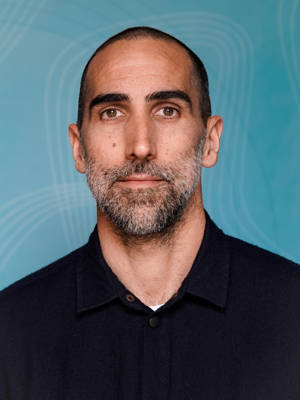Since 2008 the majority of the global population has been urban, and will rise to nearly 70% by 2040. This transformational demographic shift presents opportunities to citizens and governments; but also means cities will face more complex challenges and increasing vulnerabilities. Urbanisation has the potential to encourage inclusive, sustainable development, but may also strain natural resource bases, overload infrastructure, aggravate effects of climate change, or exacerbate economic and social exclusion and inequality. As cities become more complex and crowded, they are more vulnerable to new threats, including congested or stressed infrastructures, public health challenges, climate change or environmental issues, socio-cultural and demographic changes or political-economic shifts.
In light of this, Learning Flexibility examines how urban systems contend with vulnerability, complexity and 'crisis'; and how positive and innovative solutions to crisis may emerge in such contexts. In emphasising the considerable potential to learn from and how various stakeholders formally and informally respond in situations of breakdown or disrepair, this project aims to examine the challenges that cities and urban actors will face in future decades; how creative solutions can and have emerged out of urban 'crisis'; and how inter-urban knowledge exchange may be facilitated.
The collaborative, interdisciplinary project includes: Kristian Hoelscher (PRIO, project leader), Hanne Cecilie Geirbo, UiO (University of Oslo), Ingrid Nytun Christie (Energiråd Innlandet), Sobah Abbas Petersen (SINTEF Technology and Society) and Lisbet Harboe, AHO (The Oslo School of Architecture and Design).






